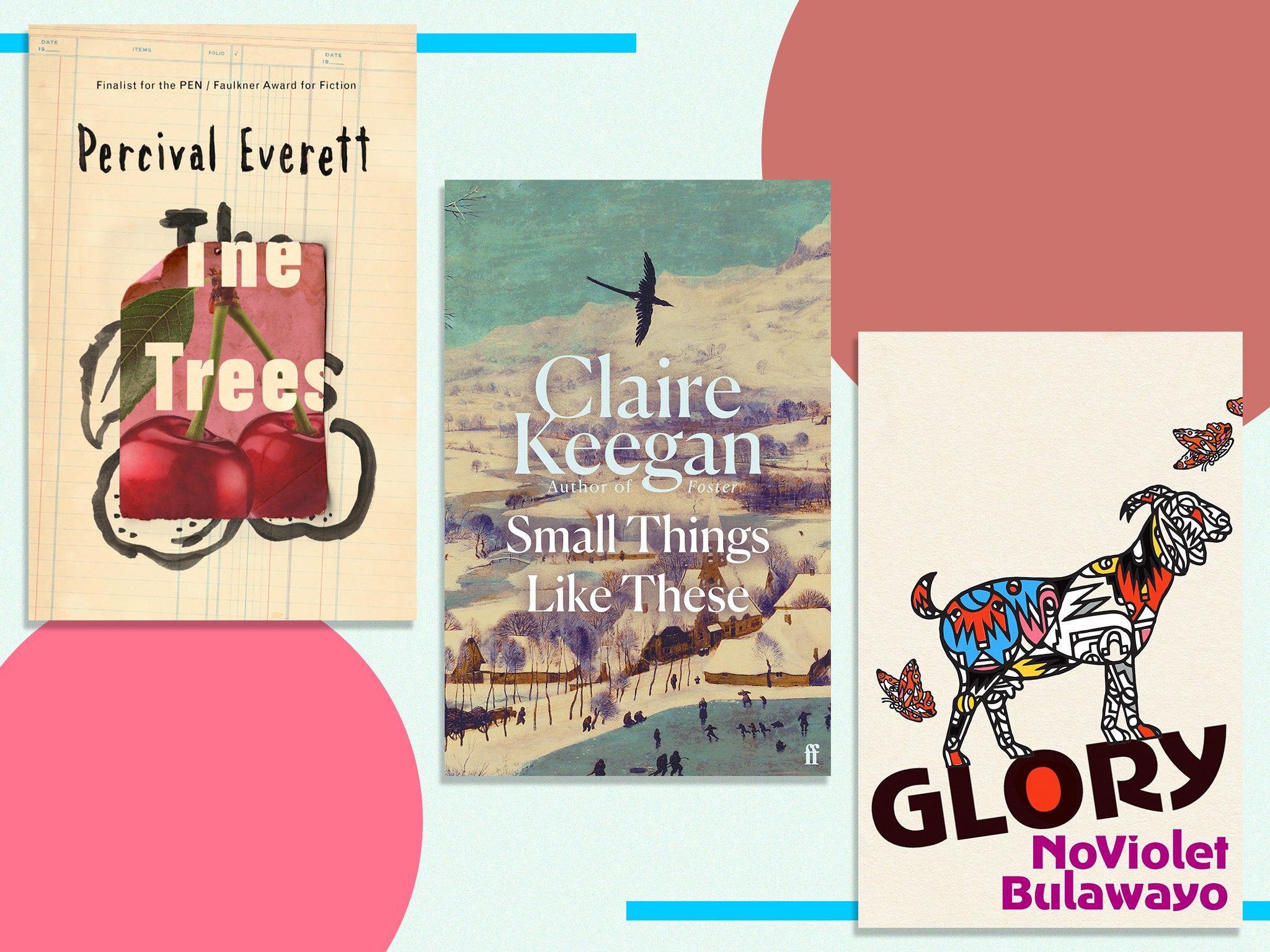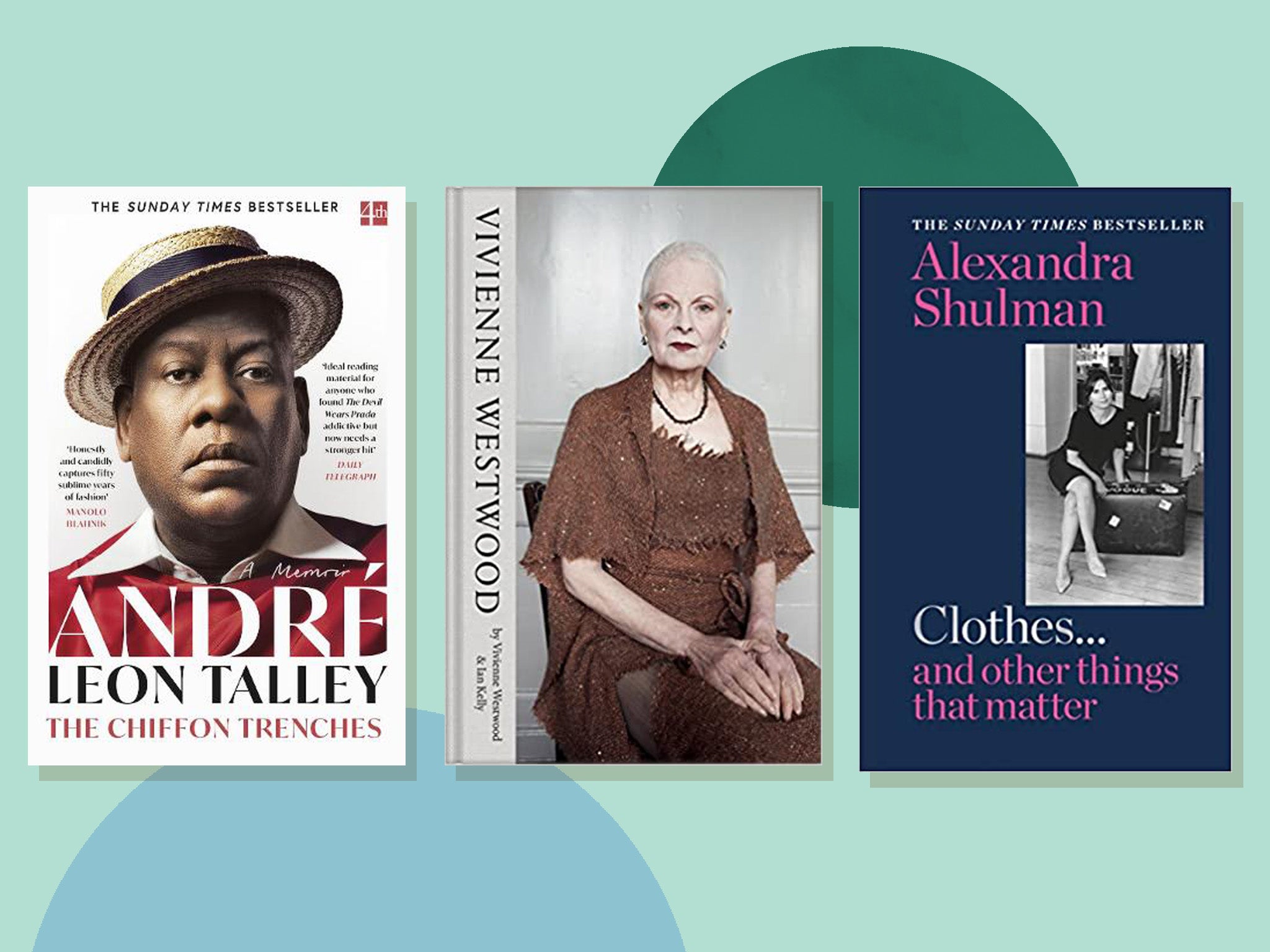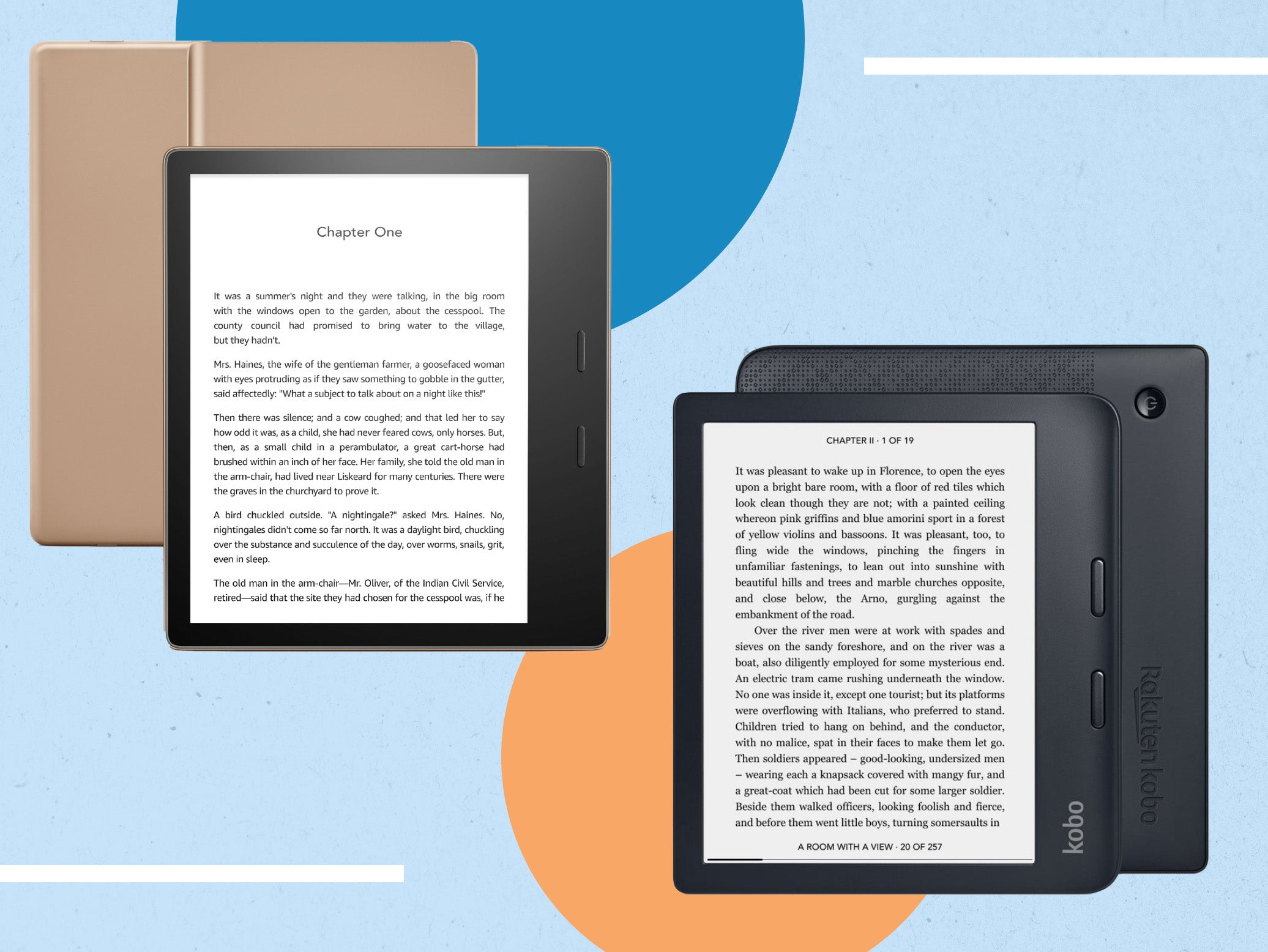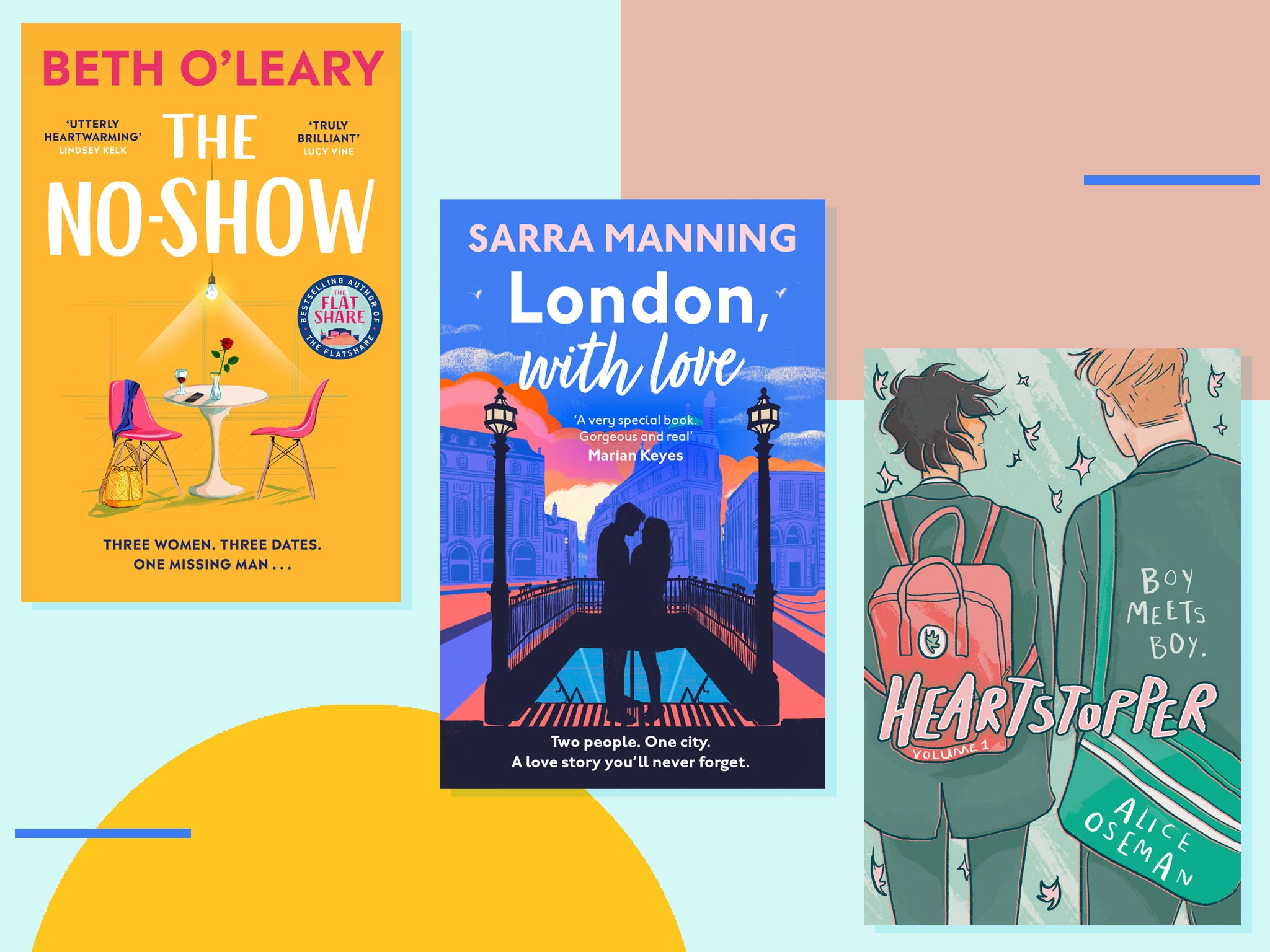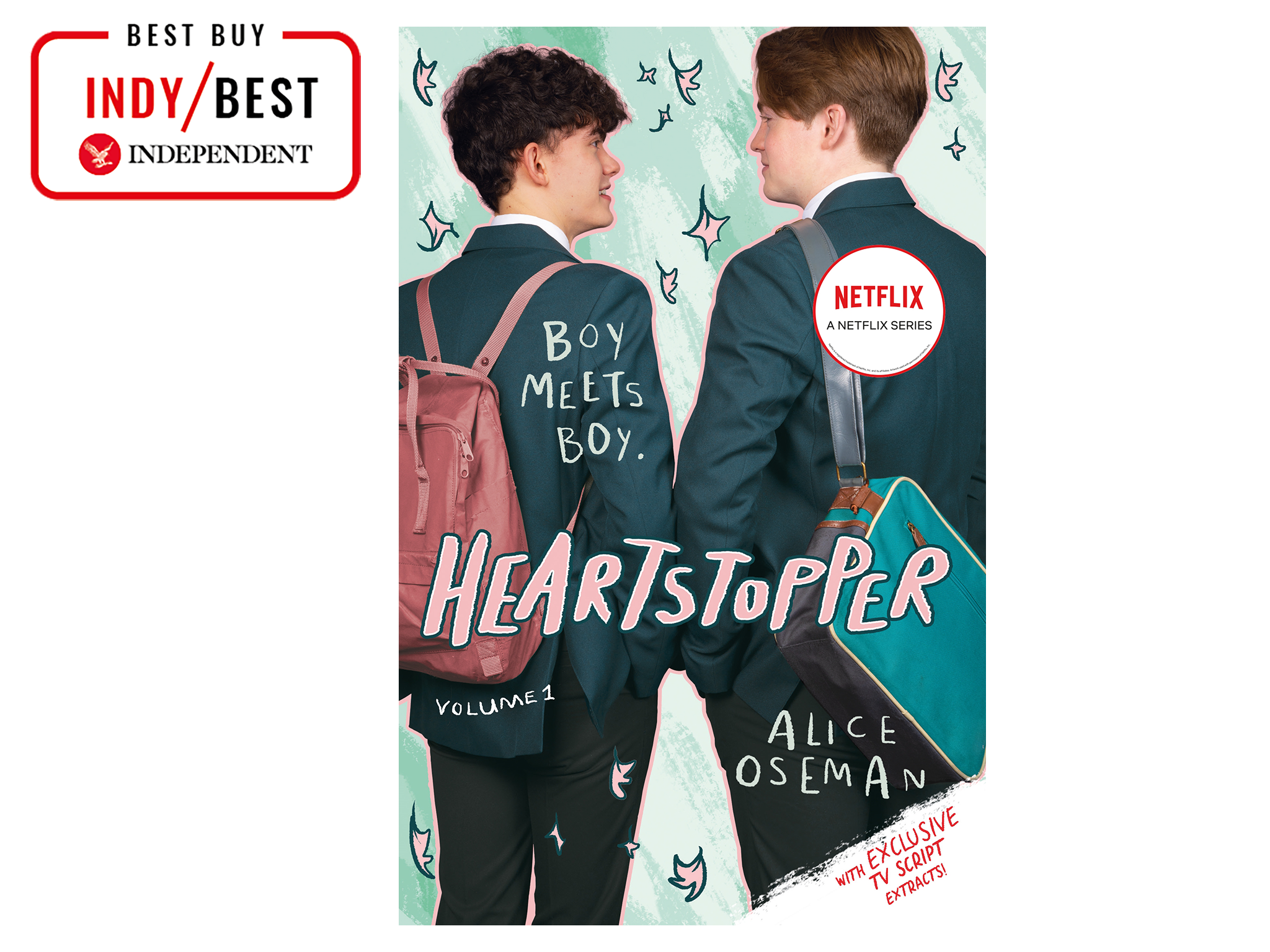
The Independent's journalism is supported by our readers. When you purchase through links on our site, we may earn commission. Why trust us?
16 best young adult books: From graphic novels to thrillers
Whatever your age, you’ll still enjoy these well-written tomes
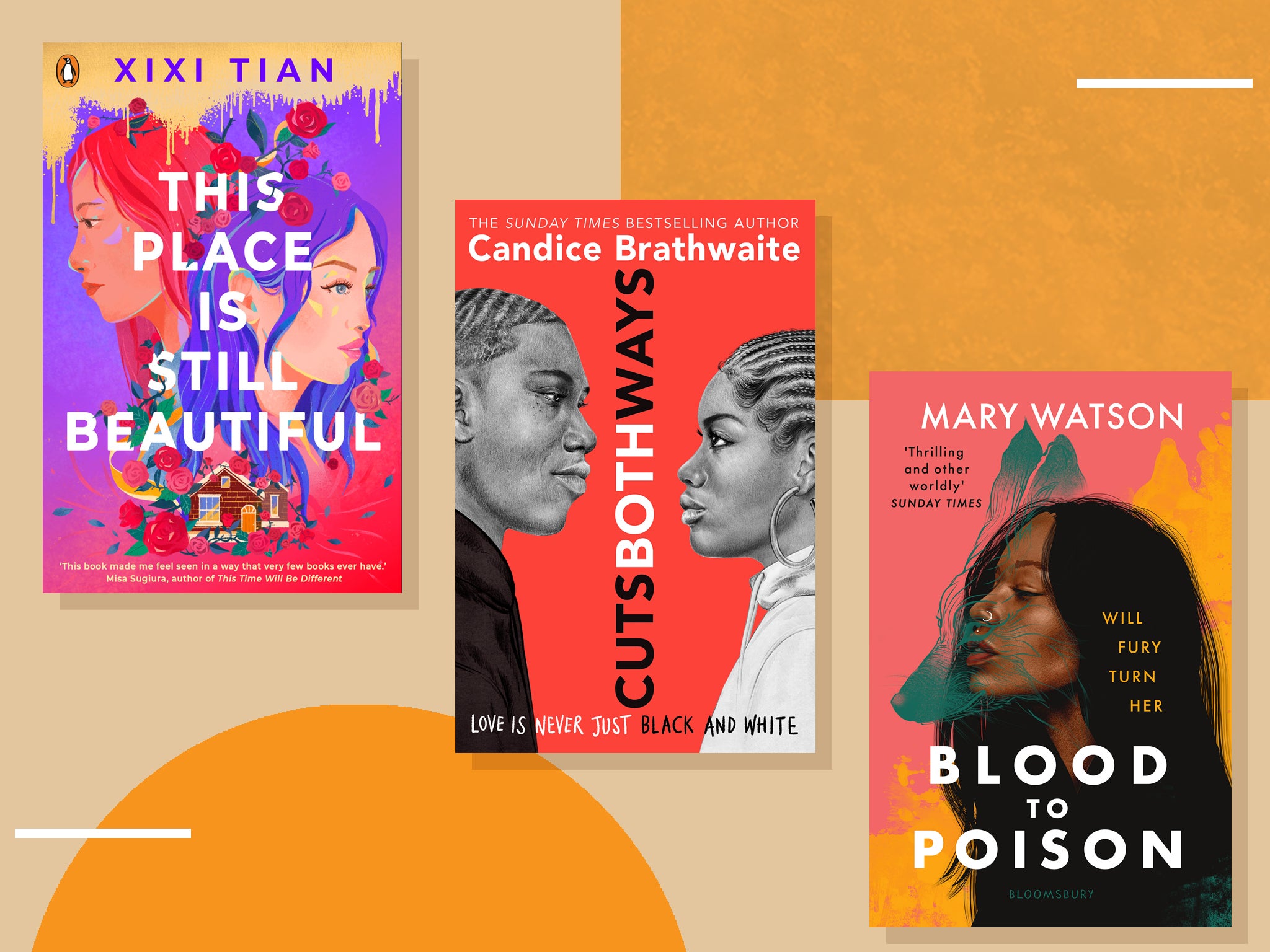

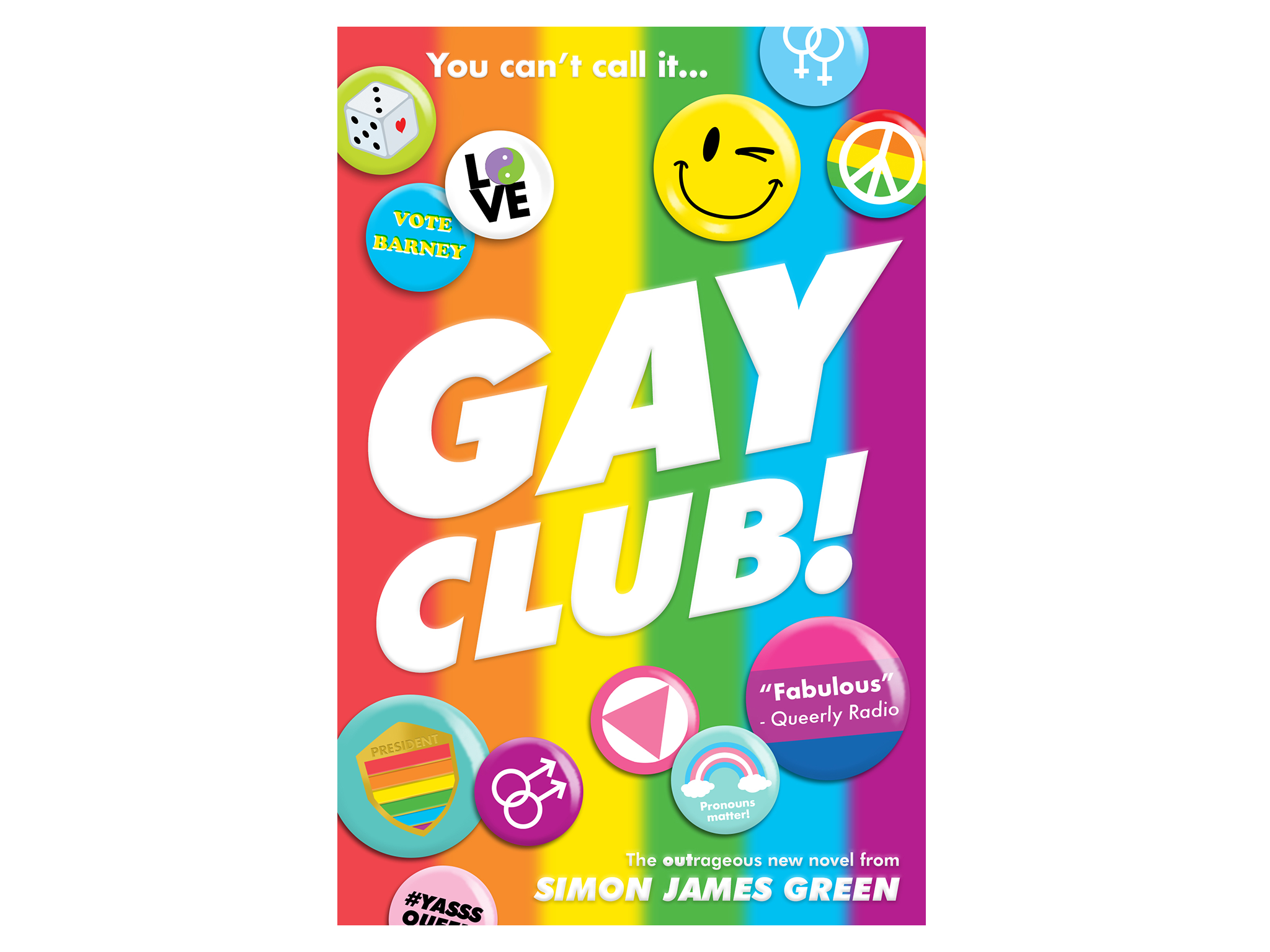
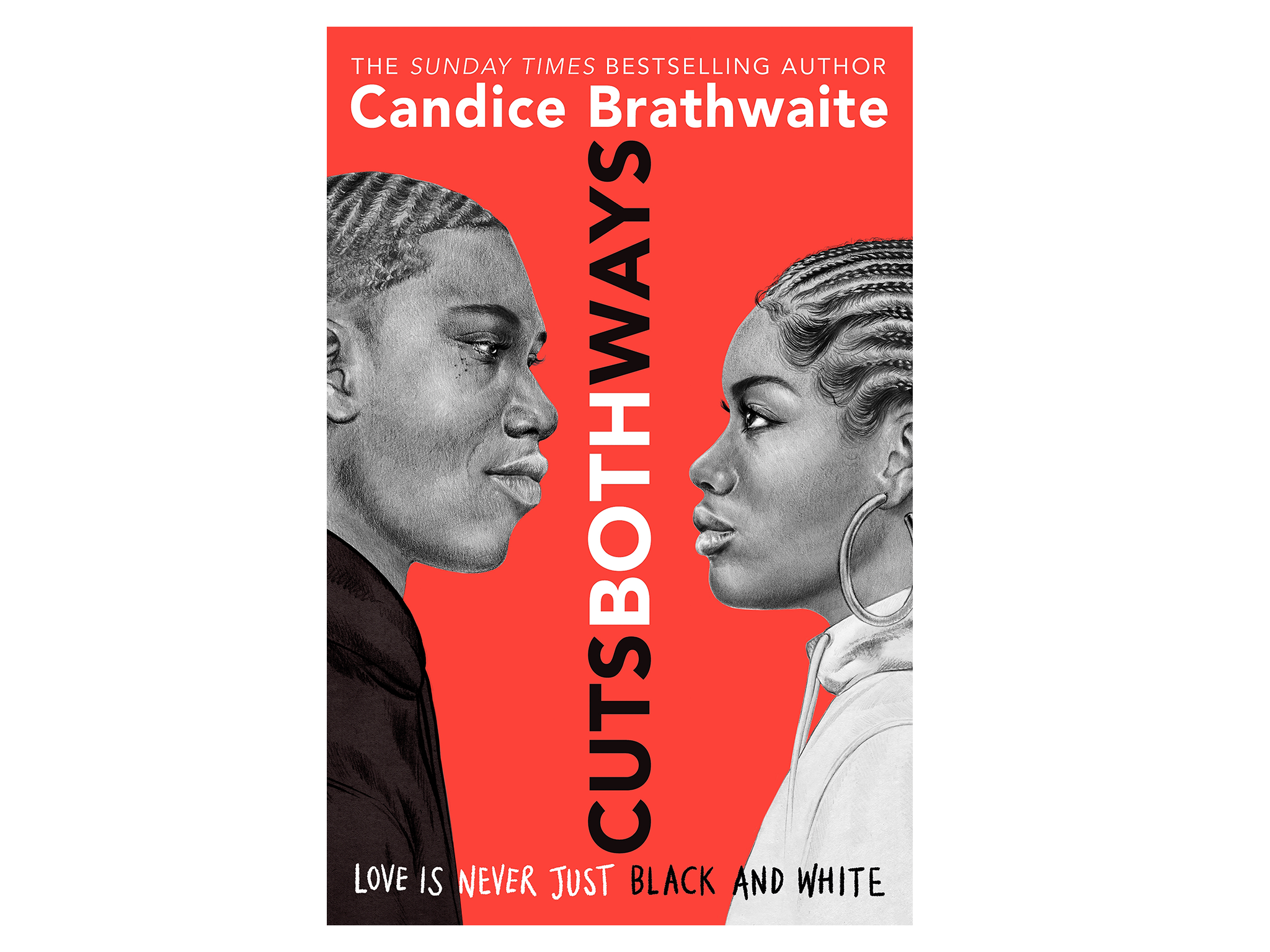 Best contemporary love story‘Cuts Both Ways’ by Candice Brathwaite, published by Hachette Children’sRead review£7
Best contemporary love story‘Cuts Both Ways’ by Candice Brathwaite, published by Hachette Children’sRead review£7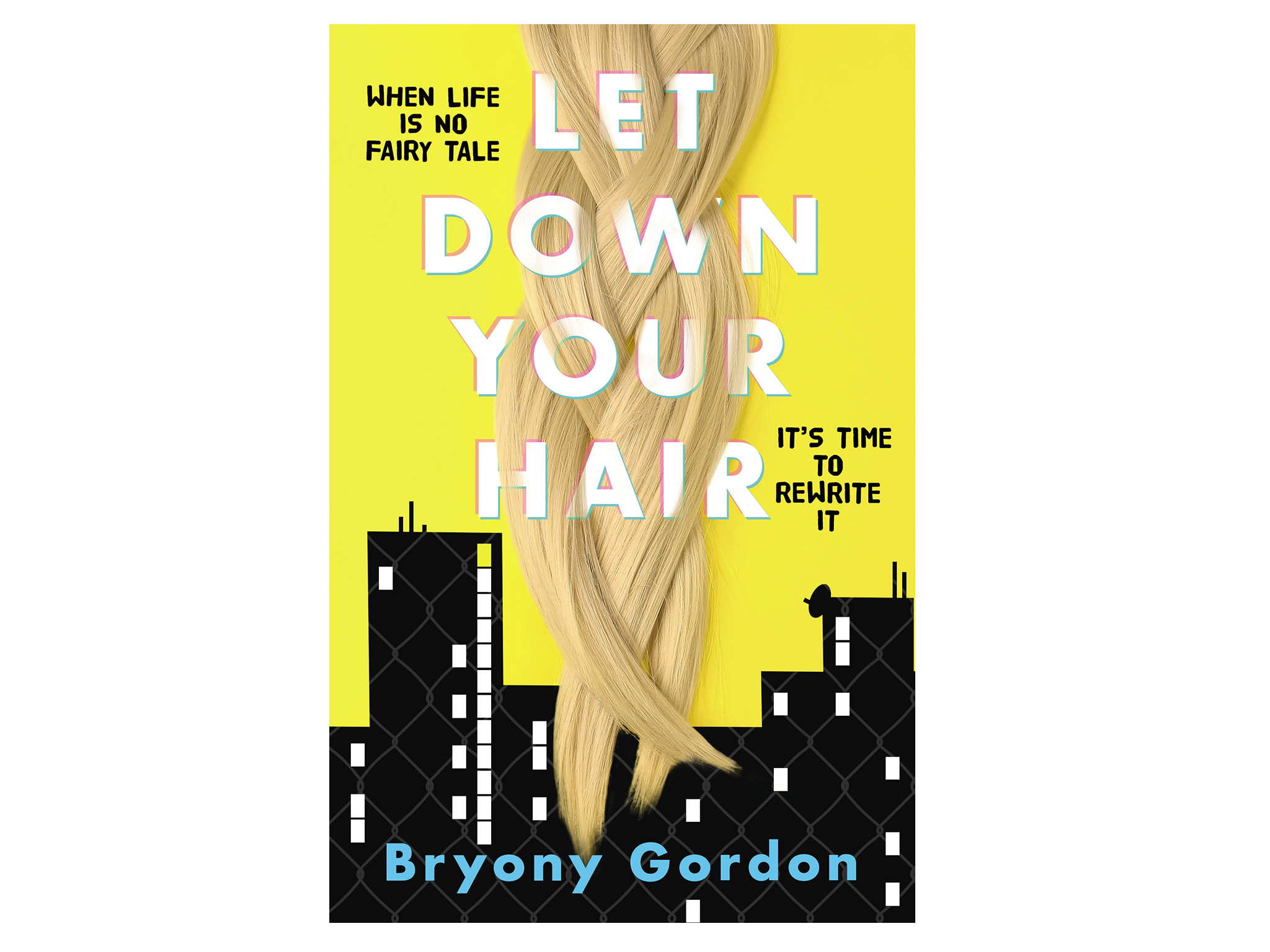 Best fairytale revamp‘Let Down Your Hair’ by Bryony Gordon, published by Hachette Children’sRead review£6
Best fairytale revamp‘Let Down Your Hair’ by Bryony Gordon, published by Hachette Children’sRead review£6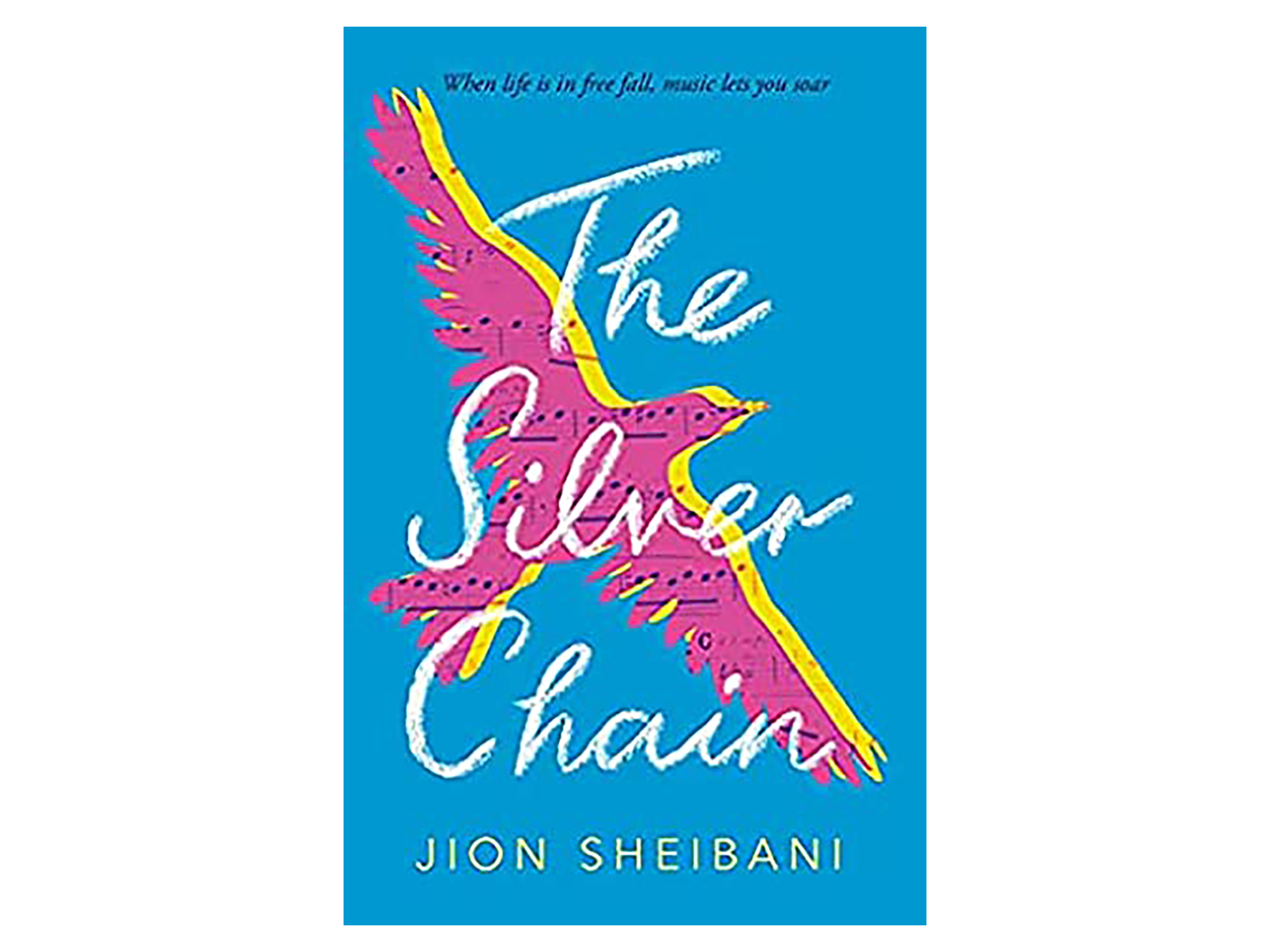
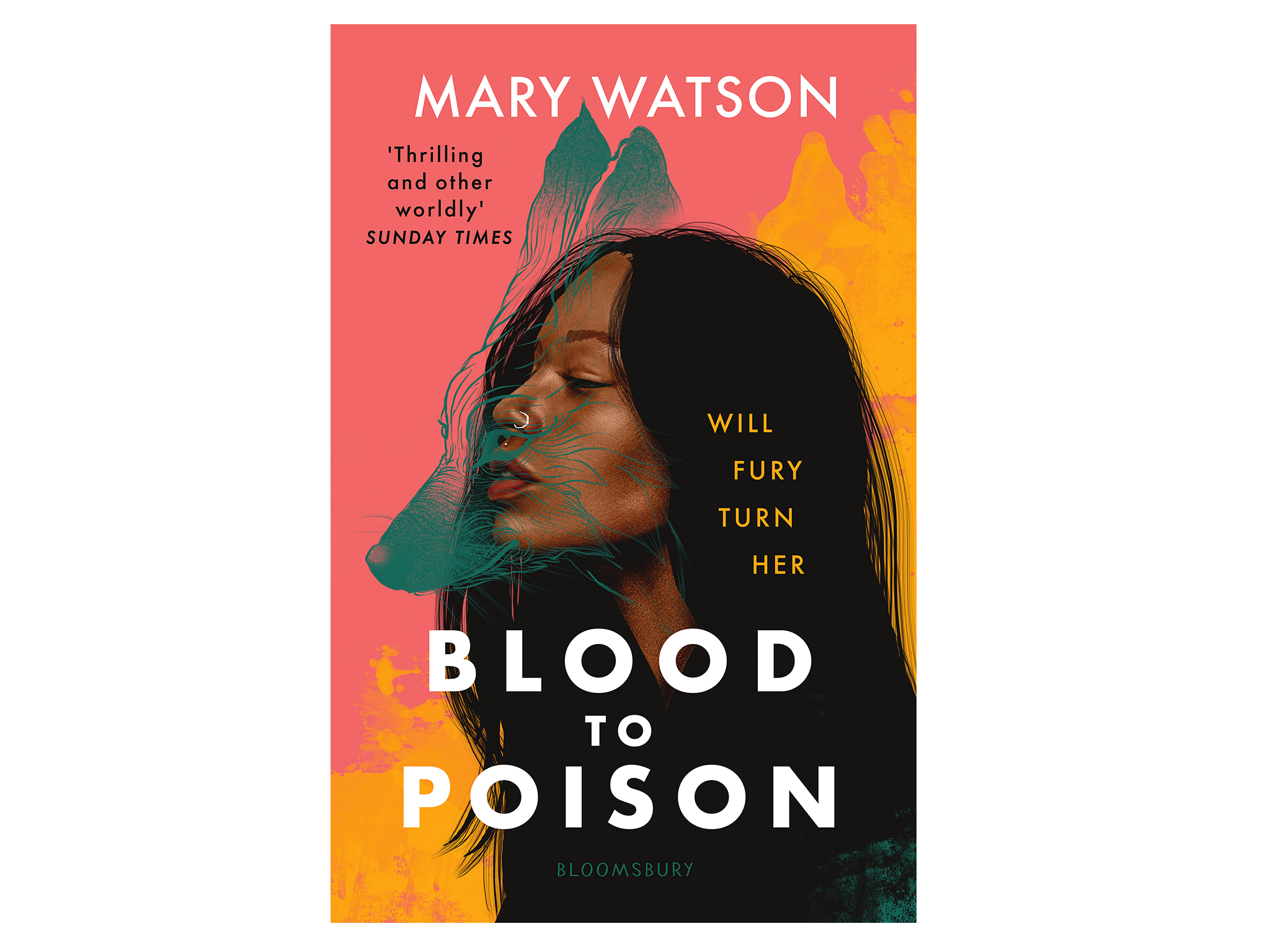
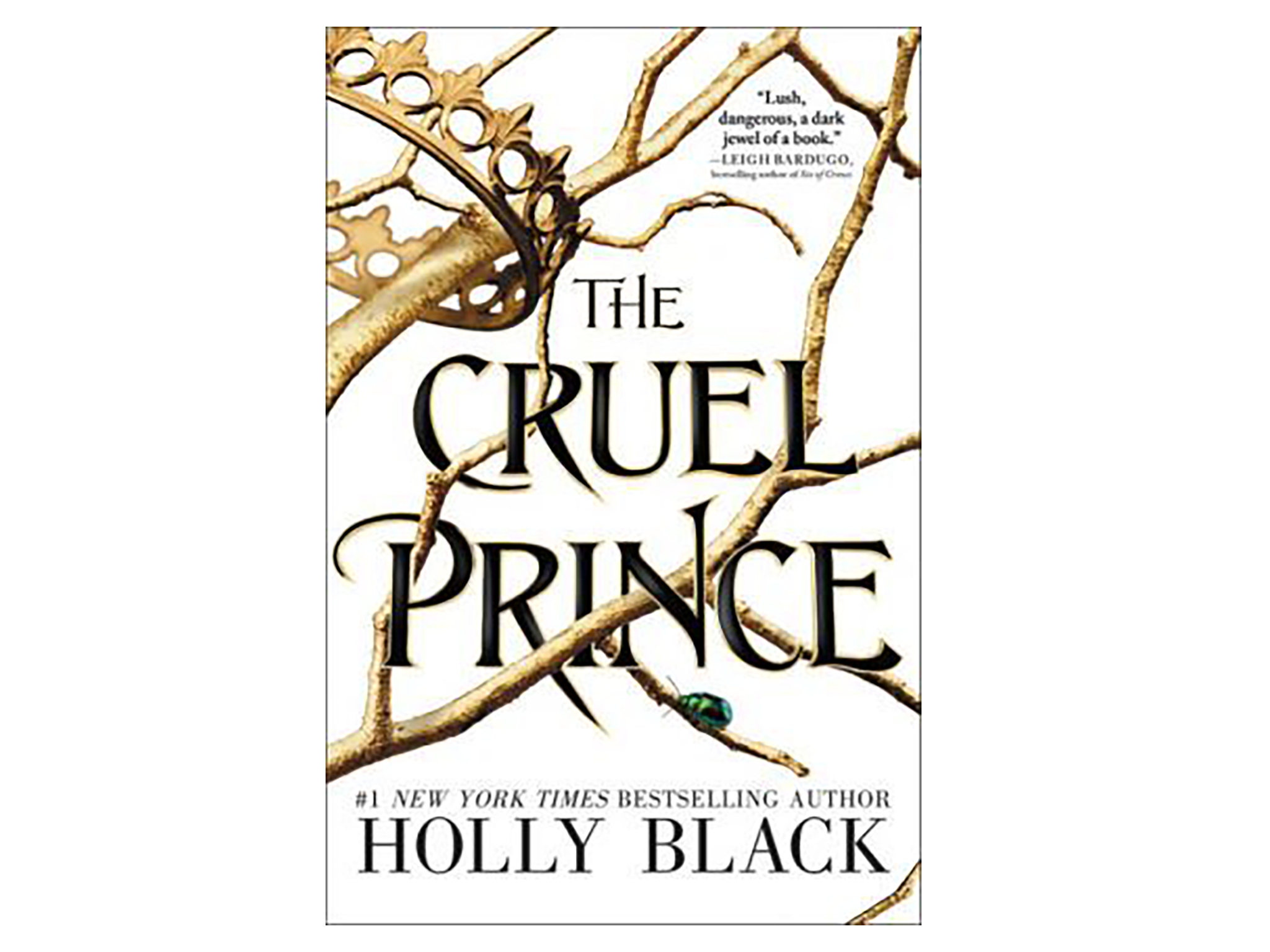 Best addictive series‘The Cruel Prince’ (The Folk of the Air series) by Holly Black, published by Hot Key BooksRead review£8
Best addictive series‘The Cruel Prince’ (The Folk of the Air series) by Holly Black, published by Hot Key BooksRead review£8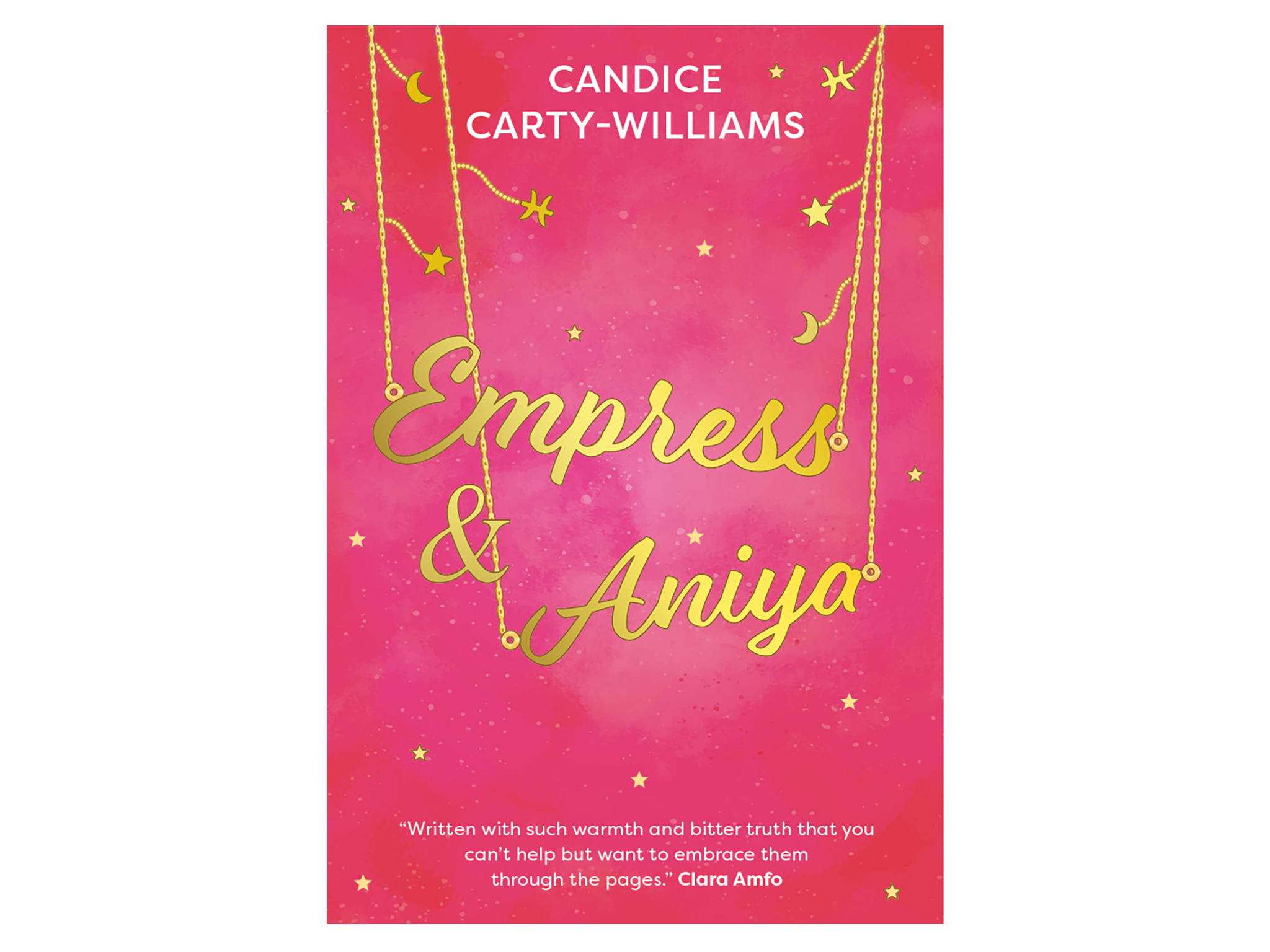
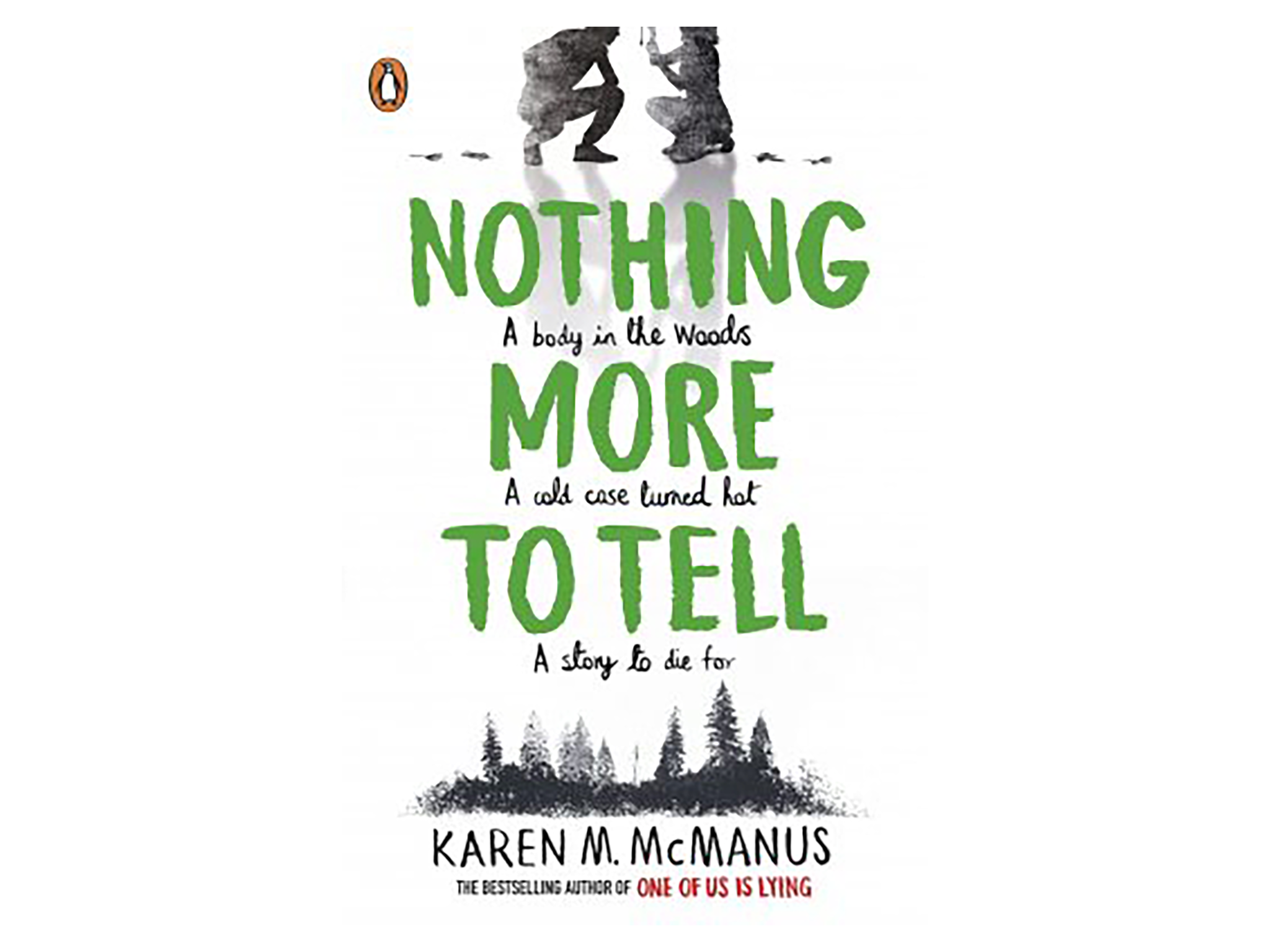 Best thriller‘Nothing More to Tell’ by Karen McManus, published by Penguin Random HouseRead review£8
Best thriller‘Nothing More to Tell’ by Karen McManus, published by Penguin Random HouseRead review£8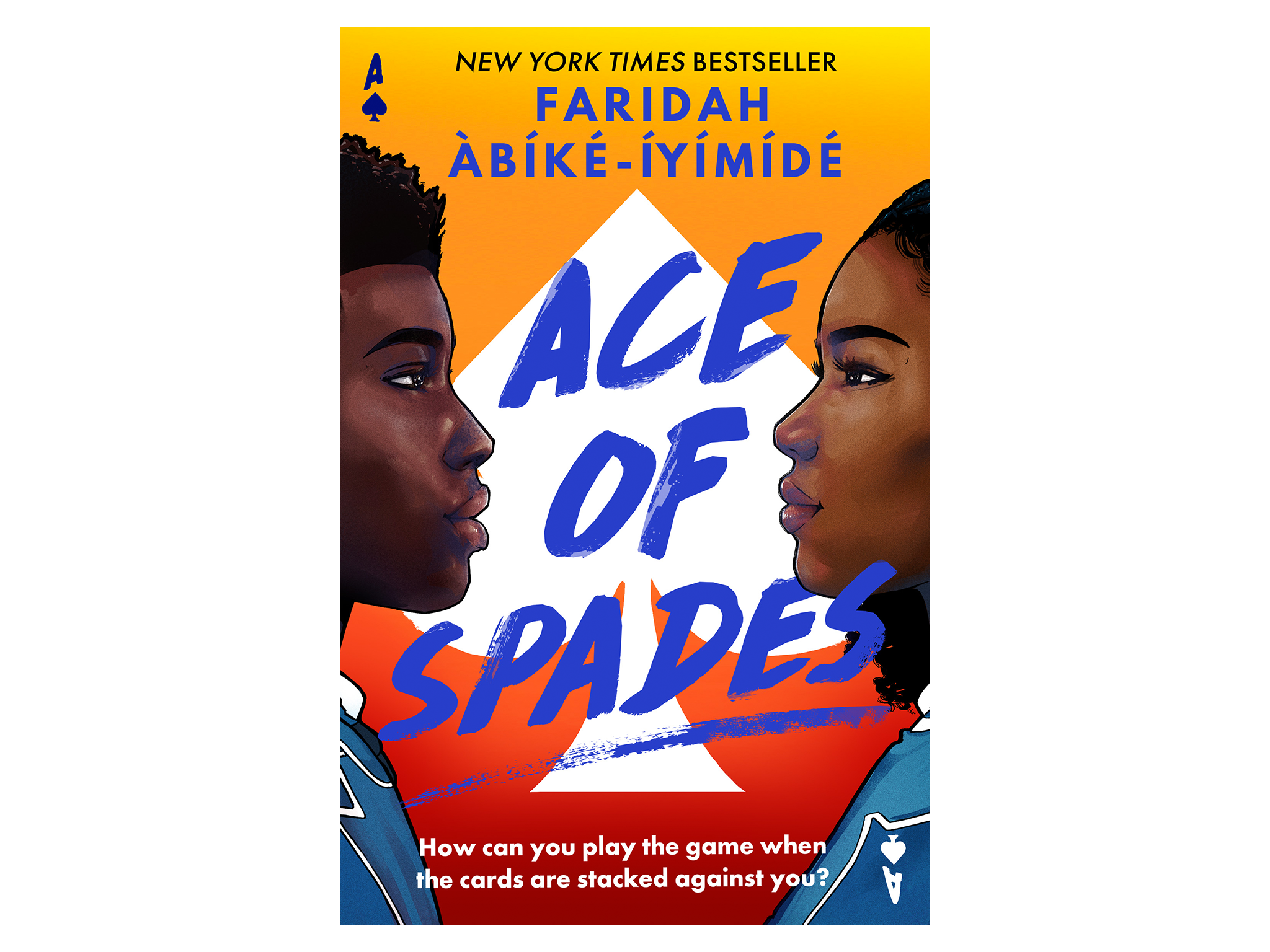
 Best edition of a classic‘Emma: V&A Collector’s Edition’ by Jane Austen, V&A PublishingRead review£12
Best edition of a classic‘Emma: V&A Collector’s Edition’ by Jane Austen, V&A PublishingRead review£12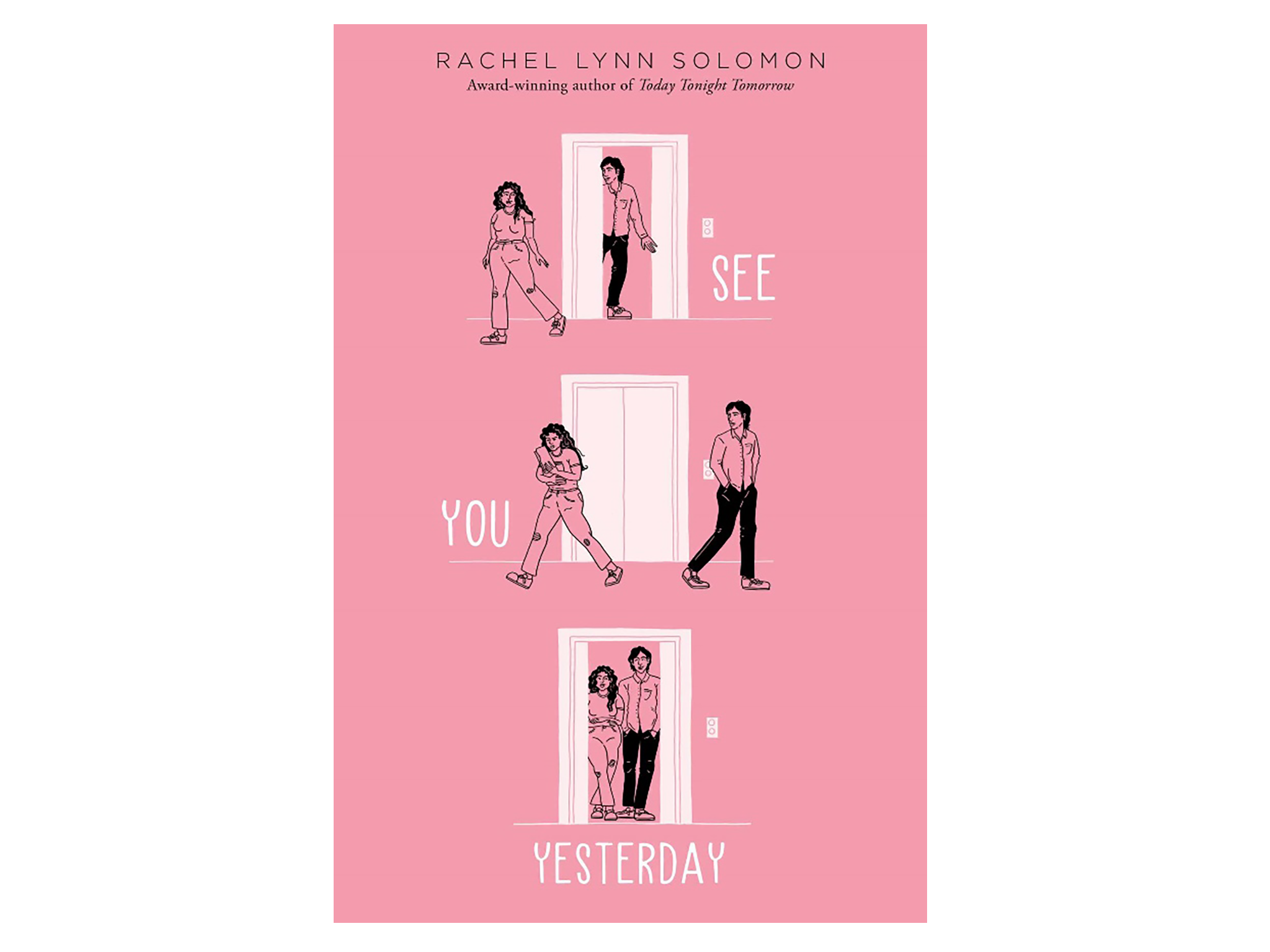 Best new adult‘See You Yesterday’ by Rachel Lynn Solomon, published by Simon & SchusterRead review£4
Best new adult‘See You Yesterday’ by Rachel Lynn Solomon, published by Simon & SchusterRead review£4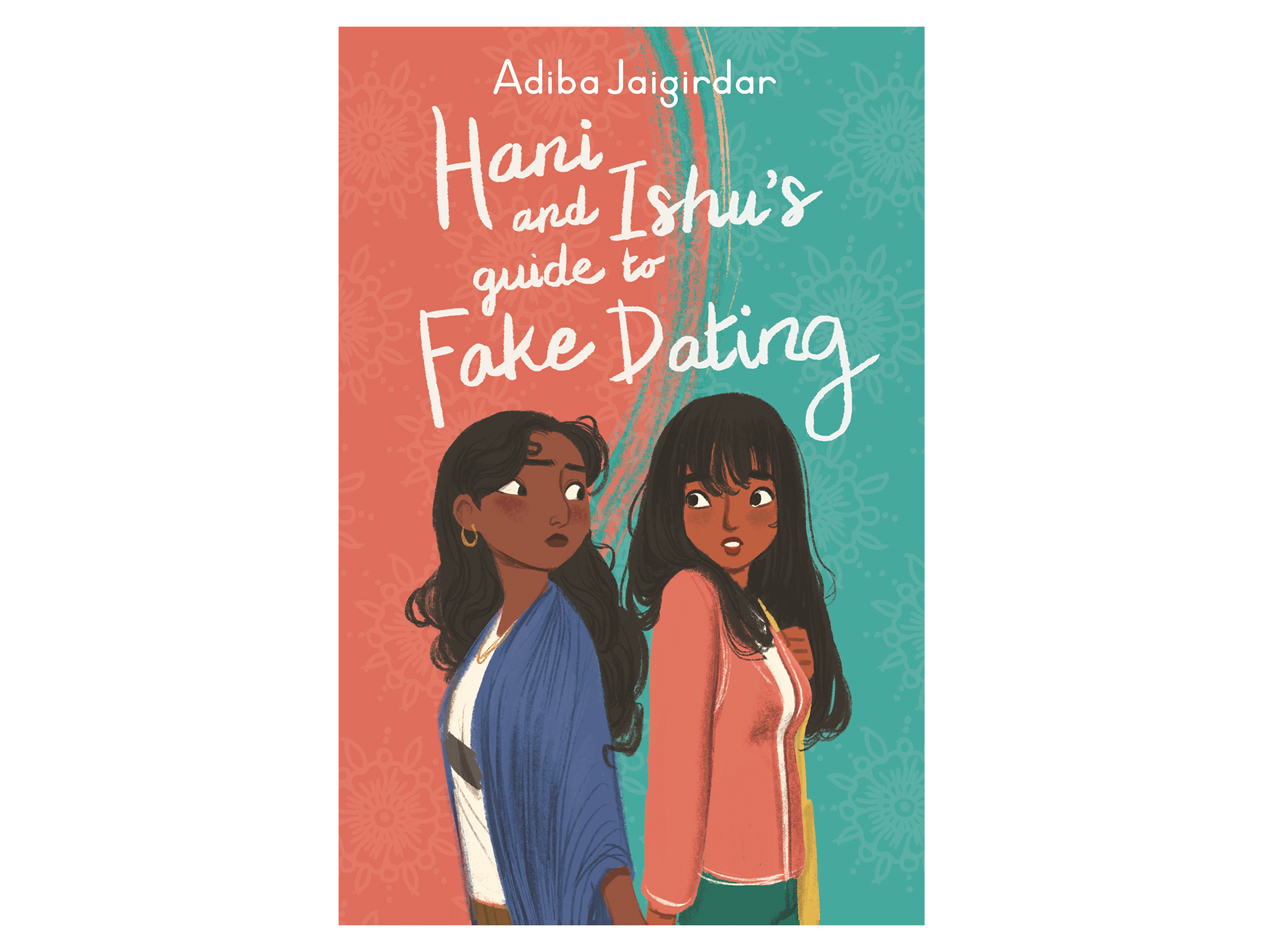 Best romcom‘Hani and Ishu’s Guide to Fake Dating’ by Adiba Jaigirdar, published by Hachette Children’sRead review£7
Best romcom‘Hani and Ishu’s Guide to Fake Dating’ by Adiba Jaigirdar, published by Hachette Children’sRead review£7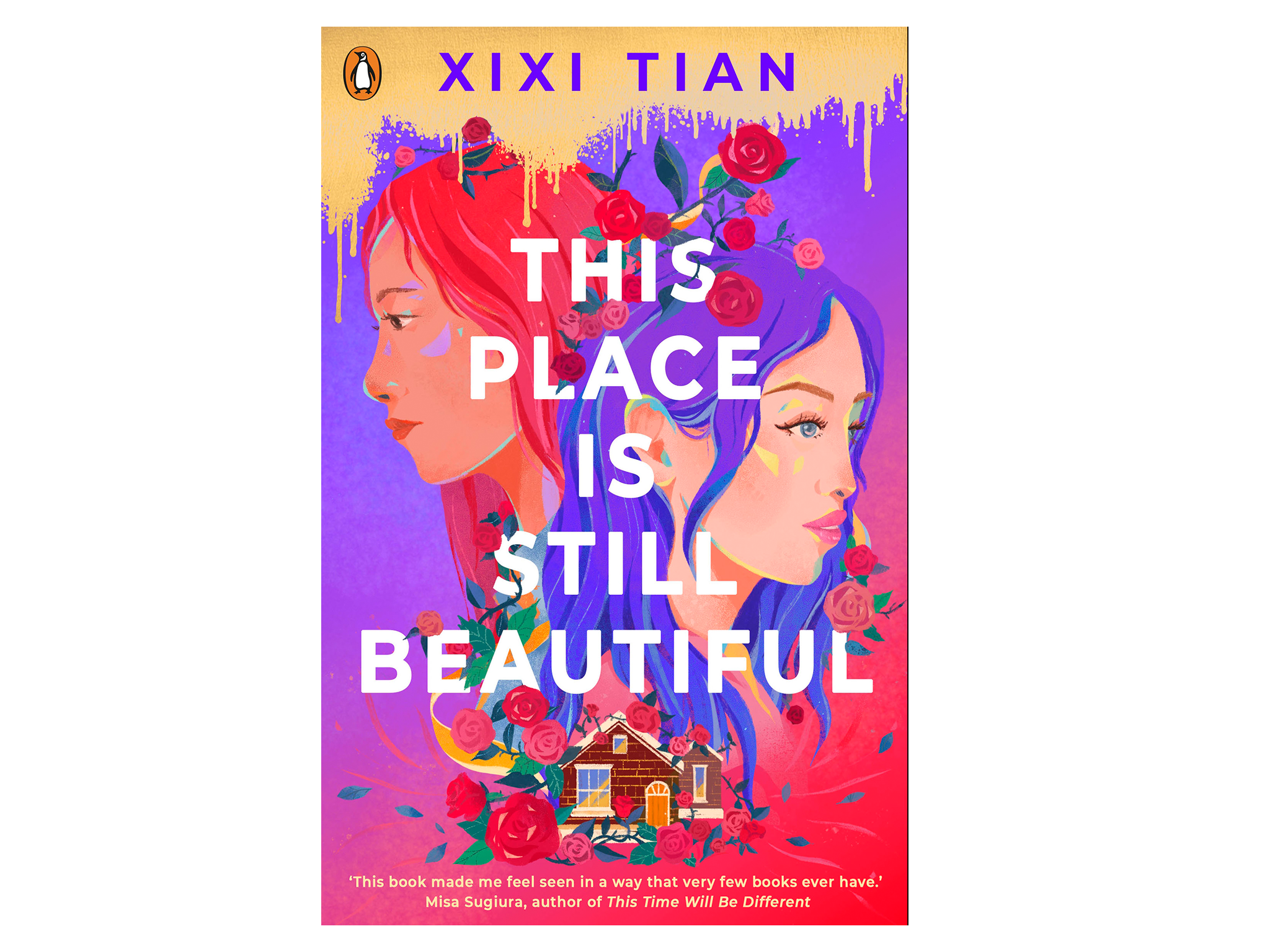 Best sibling relationships‘This Place is Still Beautiful’ by XiXi Tian, published by Penguin Random House Children’sRead review£7
Best sibling relationships‘This Place is Still Beautiful’ by XiXi Tian, published by Penguin Random House Children’sRead review£7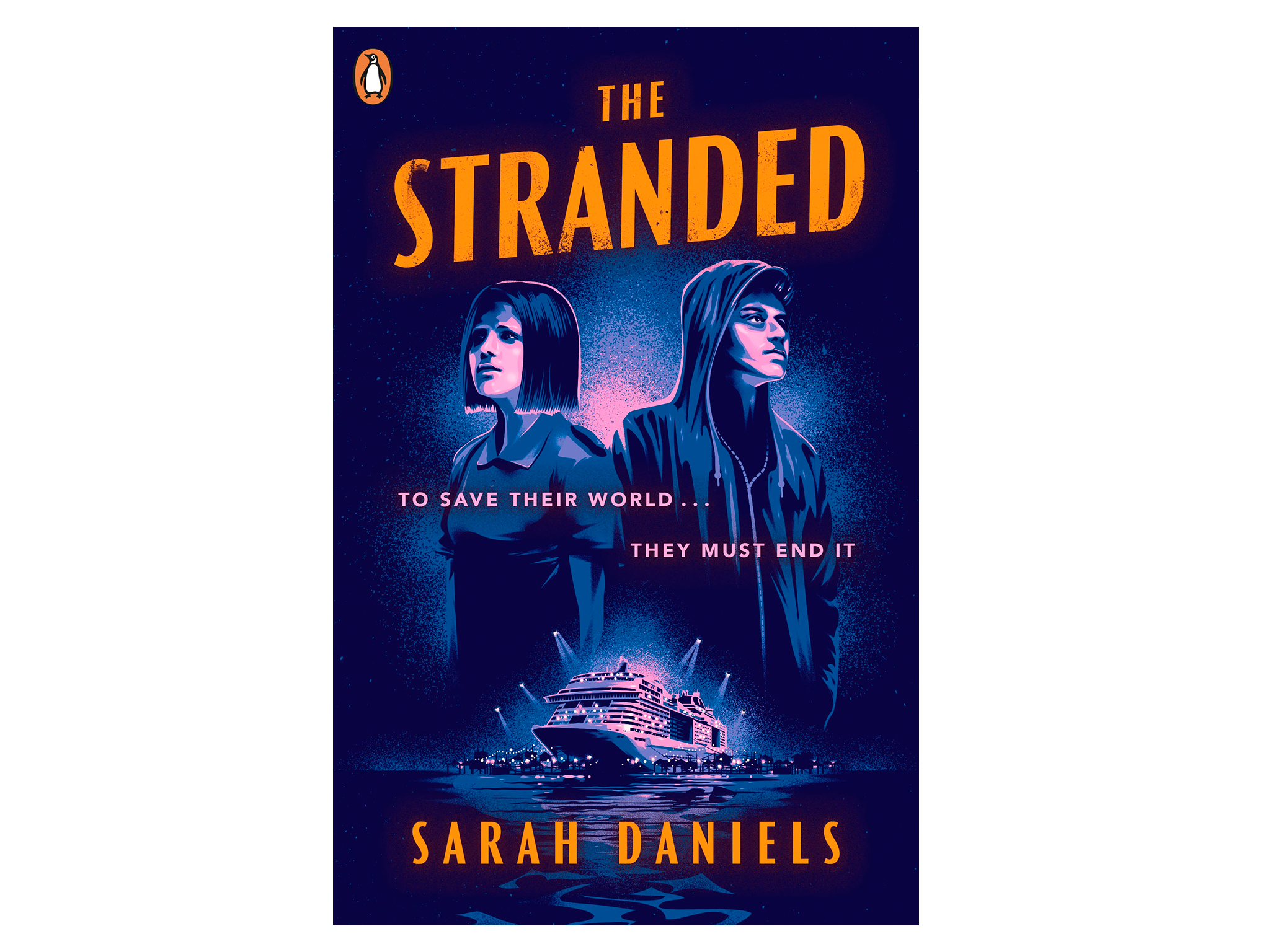
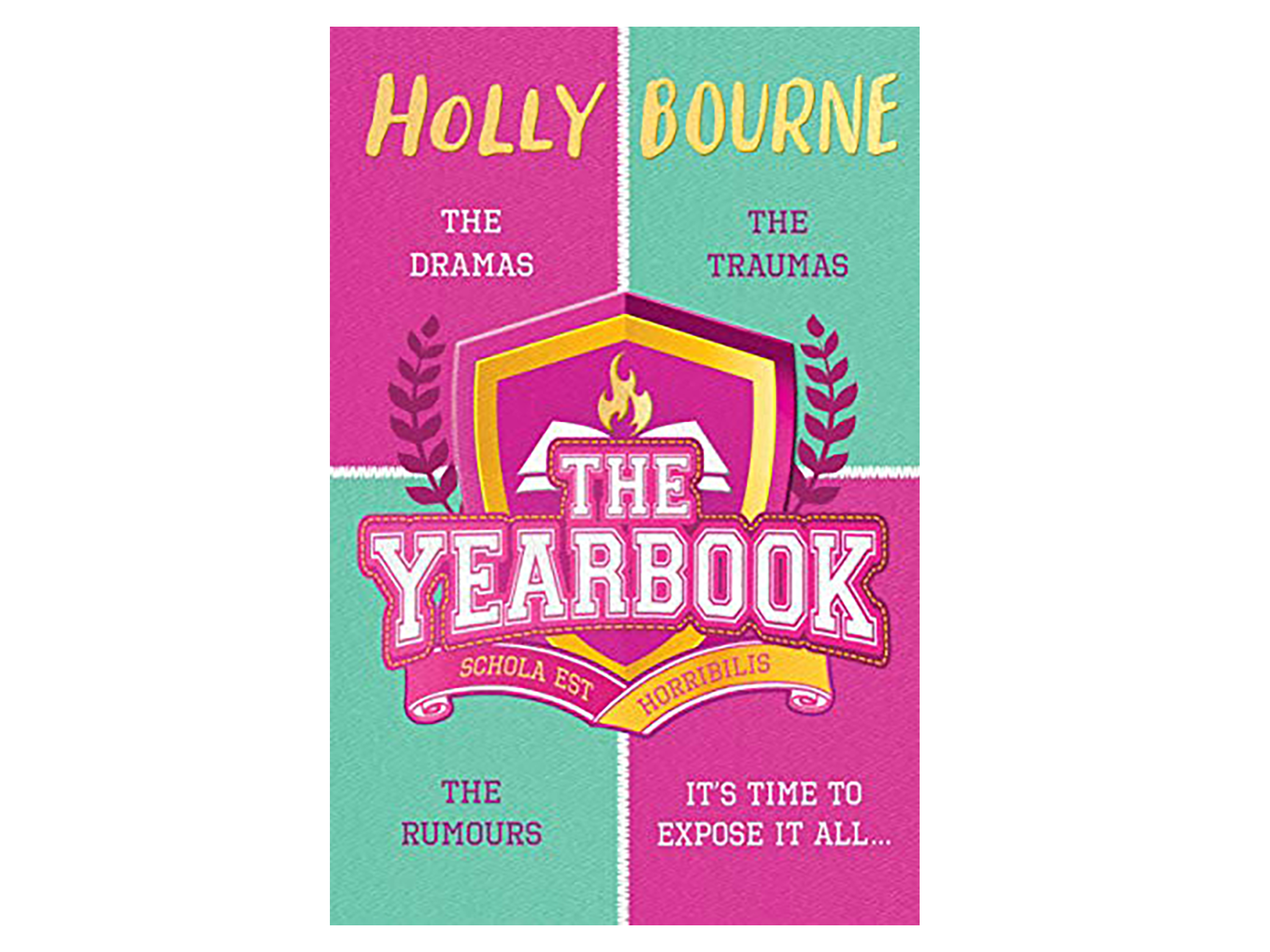
The young adult genre may once have been geared for the 12 to 18-year-old crowd, but it’s no secret adults well into their 30s and beyond are also massive fans. And there’s a multitude of reasons as to why YA books have a special place in our hearts.
We never forget our first loves, betrayals and losses, or the feeling of being an outsider desperate to fit in, or figure out who we are. Plus, we can all commiserate with a protagonist who just wants a bit of freedom and to blow off physics class, right? This is a universal feeling, whether the teen is constrained by the rules of their elite prep school… or facing monsters and magic in an altogether different universe.
In 2022, the YA genre is an exciting space for writers to be in… which pretty much guarantees it’s a delight for readers of all ages, especially for those looking for stories centred on diverse protagonists. Topics like identity, race, sexuality, illness and death are being explored in new ways, while authors are using all kinds of writing styles, including narrative poetry and verse novels, to bring issues of grief, mental health, neglect, class and more to the surface.
Whether we’re in a dystopian future or the present day, dealing with fantastical creatures or teen bullies, there are certain ingredients that make a YA book resonate. “A great cast of well-fleshed out characters you want to root for, an interesting journey or quest across sun-drenched deserts or dangerous faerie woodlands, a strong voice to carry the reader along and a compelling plot with twists along the way are just a few examples.” Explains YA book blogger Stephanie, from My Book Throne.
“A YA book appeals to adults the same way adult books appeal to me. The main bones of the story are universally the same: the relatable character goes on or undertakes a journey of some kind and the plot is gripping and keeps me hooked. Any book, regardless of genre, can appeal to a wide range of audiences if you are able to connect emotionally with the main character or even secondary characters,” she adds.
For those looking for an intro to YA or a gift for the YA lover in their lives, Paper Orange (£15 per month or £18 one-off, Paperorange.co.uk) is a monthly book subscription box with a new YA pick each month, as well as book-related accessories and author factsheets.
How we tested
We were joined by tween, teen and adult testers to read a selection of YA novels that have been published in the last few years (most are more recent, but there are a couple that have experienced a bit of a resurgence recently so we felt were worth including). Our favourites engaged us with powerful writing, characters and worlds, were representative of a wealth of cultures, identities and experiences and made us want to stop doing everything else other than escape into these books.
We also included books that could work for slightly younger audiences, because so often with kids, it’s discovering YA crime/thrillers/fantasy books that can ignite their love of reading for the first time outside of school. These are the tomes we couldn’t put down.
The best young adult books for 2022 are:
- Best overall young adult book – ‘Heartstopper’ by Alice Oseman: £30 for books 1-4 bundle, Theworks.com
- Best comedic novel young adult book – ‘Gay Club!’ by Simon James Green: £7.99, Waterstones.com
- Best young adult book for contemporary love story – ‘Cuts Both Ways’ by Candice Brathwaite: £7.99, Waterstones.com
- Best fairytale revamp young adult book – ‘Let Down Your Hair’ by Bryony Gordon: £6.99, Waterstones.com
- Best verse novel young adult book – ‘The Silver Chain’ by Jion Sheibani: £12.99, Waterstones.com
- Best fantasy young adult book – ‘Blood to Poison’ by Mary Watson: £7.99, Waterstones.com
- Best young adult addictive series – ‘The Cruel Prince’ (The Folk of the Air series) by Holly Black: £8.99, Waterstones.com
- Best novella young adult book – ‘Empress & Aniya’ by Candice Carty-Williams: £7.99, Roundtablebooks.co.uk
- Best thriller young adult book – ‘Nothing More to Tell’ by Karen McManus: £7.49, Waterstones.com
- Best dark academia young adult book – ‘Ace of Spades’ Special Edition by Faridah Àbíké-Íyímídé: £8.99, Thefeministbookshop.com
- Best classic edition young adult book – ‘Emma: V&A Collector’s Edition’ by Jane Austen: £12.99, Vam.ac.uk
- Best NA (new adult) book – ‘See You Yesterday’ by Rachel Lynn Solomon: £7.35, Amazon.co.uk
- Best romcom young adult book – ‘Hani and Ishu’s Guide to Fake Dating’ by Adiba Jaigirdar: £7.99, Waterstones.com
- Best dystopian young adult book – ‘The Stranded’ by Sarah Daniels: £7.99, Waterstones.com
- Best young adult book on sibling relationships – ‘This Place is Still Beautiful’ by XiXi Tian: £7.99, Waterstones.com
- Best young adult book for high school drama – ‘The Yearbook’ by Holly Bourne: £7.99, Waterstones.com
‘Heartstopper’ by Alice Oseman, published by Hachette Children’s

- Best: Overall
- Genre: Ongoing graphic novel and webseries
- Pages: 288 to 384
We thought everyone knew about Heartstopper by now, but were surprised to learn over the summer that many still don’t… and we feel it’s our absolute duty to remedy that. Heartstopper follows the relationship of Charlie Spring and Nick Nelson, two students at an all-boys’ grammar school who become friends and then discover that their feelings for one another aren’t just platonic.
It’s a gorgeous exploration of identity and mental health, as well as friendship and first love. Plus, the Netflix series which debuted in spring 2022 is so good, it feels like a direct translation from text to television, with an amazing cast to boot (Oseman is the hit show’s creator, too).
We love how universally appealing these books are – you can easily read all four, plus a couple of the companion books, in an afternoon – which our nine-year-old tester devoured, and then swiftly reread the next day. The books are just as popular with tweens, teens and adults of all ages, too – our 16-year-old niece asked for the set for her birthday. Instead of going down the angsty route, these manage to feel authentic but also heartwarming.
With so many YA books hundreds of pages long and seemingly impossible to get through for less-keen readers, the accessibility of these books is a huge part of their appeal. Also, reading them seems to inspire wanting to read other books in Oseman’s oeuvre, like the adventures of Charlie’s older sister, Tori, in Solitaire or the novella, Nick and Charlie.
The Heartstopper Yearbook, with character profiles and trivia for fans, comes out October 13th. Mark your calendars now.
Read the eBook now:
- Apple Books: £4.99, Apple.com
- Kindle: £4.99, Amazon.co.uk
‘Gay Club!’ by Simon James Green, published by Scholastic

- Best: Comedic novel
- Genre: Comedic novel
- Pages: 432
We know you’re not supposed to judge a book by its cover, but Gay Club! looks so irresistible on the shelf, with its all-caps title, glittery rainbow striped design and fun badge motifs, that you kind of already know it’s going to be an amazing read. This comedic novel made us think of the drama and backstabbing of 1999 Reese Witherspoon film, Election, with a fresh take on student politics featuring an all-queer teen cast.
The plot centres around the election for the coveted position of president of LGBTQ+ society in Barney’s high school. He assumes he’s a shoo-in for the position (there are only a few members in the society, after all), until his rival Bronte gets the whole school involved and shenanigans ensue.
This book is full of heart, with a lot of humour, too. Coincidentally, we had the opportunity to listen to Simon James Green speak about his middle-grade novels at our kids’ primary school just after we’d finished reading this, and his humour and ability to engage all the students were so infectious it made us think we need to read all his other YA books now, too. Also, the fact that our secondary school child begged to attend the event to meet him after reading Gay Club! says it all.
Read the eBook now:
- Apple Books: £5.49, Apple.com
- Kindle: £5.66, Amazon.co.uk
‘Cuts Both Ways’ by Candice Brathwaite, published by Hachette Children’s

- Best: Contemporary love story
- Genre: Novel
- Pages: 320
Brathwaite’s first young adult novel was described as “five stars, engaging and sad” with “funny and lovable” characters by our teen tester. It follows 16-year-old Cynthia, who moves from south London to the English countryside after her older brother is murdered. Adjusting to her new school and life, Cynthia finds herself between two brothers – one white, one Black (and adopted) – at her posh new private school, navigating her first romance, new friendships, and world-shattering secrets.
This book handles serious and pertinent themes like knife crime and grief in Brathwaite’s signature, compelling style. The twist at the end wasn’t all that surprising, but it didn’t disappoint because her writing is so good you don’t want to put it down until you’ve read it cover to cover.
Read the eBook now:
- Apple Books: £2.99, Apple.com
- Kindle: £2.99, Amazon.co.uk
Listen to the audiobook now:
- Apple Books: £7.99, Apple.com
- Audible: £11.37, Amazon.co.uk
‘Let Down Your Hair’ by Bryony Gordon, published by Hachette Children’s

- Best: Fairytale revamp
- Genre: Novel / fairytale
- Pages: 288
Bryony Gordon’s first novel is a modern-day retelling of Rapunzel, except instead of being trapped in a tower, social media influencer Barb is stuck on the 12th floor of a south London tower block with her follower-count obsessed aunt, Sorcha. This book plays with chronology, taking us back in time across the past six months before bringing the reader back to the present. It tackles social media addiction, authenticity and pressures, as well as the condition of alopecia, which Barb suddenly develops (and Gordon herself had as an 18-year-old dealing with stress and OCD).
At its core is the message all teens need to read: you are good enough, and your looks are not your sum total as a person (neither is your social media following). It’s a quick and engaging read we’ve been recommending far and wide.
Read the eBook now:
- Apple Books: £3.99, Apple.com
- Kindle: £3.99, Amazon.co.uk
Listen to the audiobook now:
- Apple Books: £7.99, Apple.com
- Audible: £11.37, Amazon.co.uk
‘The Silver Chain’ by Jion Sheibani, published by Hot Key Books

- Best: Verse novel
- Genre: Verse novel
- Pages: 352
Verse novels are some of our favourite ways of reading YA, with authors like Sarah Crossan, Elizabeth Acevedo and Dean Atta paving the way for lyrical storytelling that tackles all sorts of issues.
This debut from Jion Sheibani is stunning: like the musical notes violin prodigy Azadeh brings to life on the page, the story seems to come alive melodiously. Certain verses feel like a lyrical outpouring onto the page; others are more of a staccato, conveying the tension and stress that the protagonist must deal with when it comes to her mother’s mental health crisis. There are also accompanying illustrations which bring this book to life in a magical way.
The mental health narrative was very powerful and feels exactly like the kind of subject matter we need to be addressing for teens in 2022. It’s also an exploration of how friendship, a passion for something (in Azadeh’s case, music) and family can help when it comes to navigating the trickiest situations life throws at you.
Read the eBook now:
- Apple Books: £4.99, Apple.com
- Kindle: £4.99, Amazon.co.uk
Listen to the audiobook now:
- Apple Books: £3.99, Apple.com
- Audible: £13.12, Amazon.co.uk
‘Blood to Poison’ by Mary Watson, published by Bloomsbury

- Best: Fantasy
- Genre: Fantasy
- Pages: 384
No force is more powerful than female rage, as YA author Mary Watson sets out to prove in Blood to Poison, channelling that rage (over centuries) into action via her main character, Savannah. This Own Voices fantasy looks at generational trauma, taking the reader to a darkly magical Cape Town, and it will be a hit with anyone who likes witches, curses, mythology and teen girls stepping into their power by harnessing their anger.
Our tester described it as “something very different to what I would normally read, however I found myself wanting to squeeze in five minutes here and there as it really captured me. It had a couple of good twists along the way which were unexpected, too.”
Read the eBook now:
- Apple Books: £5.99, Apple.com
- Kindle: £6.39, Amazon.co.uk
Listen to the audiobook now:
- Apple Books: £7.99, Apple.com
- Audible: £11.37, Amazon.co.uk
‘The Cruel Prince’ (The Folk of the Air series) by Holly Black, published by Hot Key Books

- Best: Addictive series
- Genre: Fantasy
- Pages: 400
The first book in this best-selling series from Holly Black is from 2018, but it’s still having a moment – certainly among the Year Eights at various London schools, who seem to be devouring the series at present. With good reason: this is one of those books that combines a clever fantasy world (Faerie) with the ever-relatable teen conundrum of a protagonist who’s an outsider who will never truly fit in and is subject to cruelty as a result (Jude is a human living among these magical creatures; her parents were murdered as a child and she was stolen from the human world).
The world-building is glorious but there’s a lot of darkness here, too – there’s a brutal scene reminiscent of GoT’s Red Wedding and it’s really good. The romance is another draw, even if you know it’s kind of a toxic pairing. Read now so you can finish all three before January 2023, when the fourth book in the series, The Stolen Heir, comes out.
Read the eBook now:
- Apple Books: £4.99, Apple.com
- Kindle: £3.49, Amazon.co.uk
Listen to the audiobook now:
- Apple Books: £7.99, Apple.com
- Audible: £8.93, Amazon.co.uk
‘Empress & Aniya’ by Candice Carty Williams, published by Knights Of

- Best: Novella
- Genre: Novella
- Pages: 144
The petite size of this book – it comes in at under 150 pages – means that it’s a very manageable book for YA readers who aren’t into long, epic reads. It’s the first YA release from the bestselling author of Queenie and is packed with Carty-Williams’ trademark warmth, wit and ability to get readers invested in her characters right away.
Our testers enjoyed how it was a twist on the classic Prince and the Pauper tale and is billed as “South London’s answer to Freaky Friday,” where the two protagonists cast a spell to switch places on their 16th birthdays and see what life is really like on the other side. Our reviewer noted it was “a feel-good story and I enjoyed how the more affluent girl (Aniya) chose to take an insight into Empress’s life and it changed her perception on how she and her friends lived.” Frothy, this isn’t: Carty-Williams deals with tricky subjects like class and neglect.
Read the eBook now:
- Kindle: £6.61, Amazon.co.uk
Listen to the audiobook now:
- Apple Books: £2.99, Apple.com
- Audible: £5.24, Amazon.co.uk
‘Nothing More to Tell’ by Karen McManus, published by Penguin Random House

- Best: Thriller
- Genre: Thriller
- Pages: 368
The latest from the bestselling One of Us is Lying author, Karen McManus, was snapped up by our tween tester this week (murderous teens is her favourite sub-genre, and she is adamant that McManus always does it brilliantly). And she’s already declared Nothing More to Tell is the author’s “best book ever.”
It follows teen journalist Brynn investigating the murder of her 8th grade teacher (while also interning for a true crime show). Our tester liked how it managed to be both entertaining and unexpected, with characters you couldn’t help but root for (our tester is a huge fan of Brynn’s ex-bestie, Tripp, who happened to discover their teacher’s body). If you’re a parent wondering why your teen is totally obsessed with YA crime novels, we’re pretty sure it’s because McManus’s books are so page-turning.
Read the eBook now:
- Apple Books: £4.99, Apple.com
- Kindle: £4.99, Amazon.co.uk
Listen to the audiobook now:
- Apple Books: £6.99, Apple.com
- Audible: £11.37, Amazon.co.uk
‘Ace of Spades’ by Faridah Àbíké-Íyímídé, published by Usborne

- Best: Dark academia
- Genre: Dark academia
- Pages: 480
Pegged as “Gossip Girl meets Get Out,” Ace of Spades first came on our radars on a recommendation from Bookbar owner, Chrissy Ryan, who described it as “really page-turning so it almost feels cinematic.” She was right: various testers described how they flew through this novel.
Told from two points of view, Devon and Chiamaka are the only two Black students at the elite, all-white Niveus Academy, who are targeted in racist attacks by anonymous texter, Aces. This book lives up to its page-turning reputation with a tense build-up and lots of twists and turns. It not only brings race (and racism) to the forefront, but also delves into LGBTQ+ and class issues.
If the characterisation feels uncannily accurate, it’s because Àbíké-Íyímídé knows exactly how teens think. She began writing the book at 19 and by 21, she had a seven-figure book deal in the U.S.
Read the eBook now:
- Apple Books: £5.99, Apple.com
- Kindle: £3.99, Amazon.co.uk
Listen to the audiobook now:
- Apple Books: £9.99, Apple.com
- Audible: £16.63, Amazon.co.uk
‘Emma: V&A Collector’s Edition’ by Jane Austen, V&A Publishing

- Best: Edition of a classic
- Genre: Romance novel
- Pages: 592
While getting teens to read classics like Emma and The Great Gatsby can feel a lot like work, V&A Collector’s Editions – which feature cover designs with artwork inspired by the fashions in the stories – have the kind of BookTok appeal tweens and teens go for. In fact, we were told these were super “aesthetic” by a 12-year-old, who started reading ‘Emma’ voluntarily… even before we told her it was the inspiration for the film Clueless.
For the artsy teen, V&A Fashion Mash-Up (£17.99, Vam.ac.uk) is a very cool fashion history/press-out doll/collage/stickerbook by Daisy De Villeneuve that any budding stylist in the tween/teen age range will instantly obsess over.
‘See You Yesterday’ by Rachel Lynn Solomon, published by Simon & Schuster

- Best: New adult
- Genre: New adult
- Pages: 432
This YA book takes place in college (which is why it falls nicely into the new adult category), and has one of the most likeable protagonists we’ve met in books lately, Barrett Bloom. She’s witty, quirky, snarky, chaotic and insecure, plus her mom is her bestie. She’s also not having the “dream” college experience she envisioned, since she’s stuck in a Groundhog Day-esque situation, where she keeps reliving the same day over and over again. But there’s someone also stuck in his own time loop with her: Miles, who goes from being just another student to a friend and then love interest.
This book could have been 75 pages shorter and we would have enjoyed it even more, but it’s definitely worth a read for the friendship and love story that comes through, as well as the slightly anticlimactic intro-to-collegiate-life experience that so many have (but no one really talks about).
Read the eBook now:
- Apple Books: £4.99, Apple.com
- Kindle: £4.99, Amazon.co.uk
Listen to the audiobook now:
- Apple Books: £15.99, Apple.com
- Audible: £11.37, Amazon.co.uk
‘Hani and Ishu’s Guide to Fake Dating’ by Adiba Jaigirdar, published by Hachette Children’s

- Best: Romcom
- Genre: Romantic comedy
- Pages: 352
This book won this year’s YA Book Prize and we can see why: the queer romcom delivers exactly what we’re looking for when we pick up a YA book: a lot of heart and humour, compelling characters and relatable dilemmas (parental pressures, toxic friendships, biphobia and more). It’s a love story with a twist as Hani and Ishu might be the only two Bengali girls in their school year, but they’re an unlikely pair for friendship and even less likely as girlfriends. This is precisely why it’s such a joy to follow their enemies-to-friends-to-more-than relationship as it comes to life through these pages and to watch them deal with various obstacles.
We also like how they represent two very different south Asian experiences, though both protagonists are Bengali: Hani is Bangladeshi-Bengali and Irish, born in Ireland, and Ishu is Indian-Bengali and Irish and immigrated to Ireland as a child. We were hooked from the first sentence and love Jaigirdar’s assured, funny style. Next on our list is her first book, The Henna Wars.
Read the eBook now:
- Apple Books: £3.99, Apple.com
- Kindle: £3.99, Amazon.co.uk
Listen to the audiobook now:
- Apple Books: £16.99, Apple.com
- Audible: £11.37, Amazon.co.uk
‘This Place is Still Beautiful’ by XiXi Tian, published by Penguin Random House Children’s

- Best: Sibling relationships
- Genre: Crime / novel
- Pages: 368
This book, with sibling relationships at its heart, told from the perspectives of seventeen-year-old Annalie and nineteen-year-old Margaret, tells of their changing relationship in the aftermath of a racist incident – and the different ways they both choose to respond (Annalie wants everything to go back to “normal”; Margaret wants justice). There are also two love stories interwoven in this debut from Tian, who works as an attorney for Google by day. Overall: an engaging, beautifully written debut with plenty of discussions to be had.
Read the eBook now:
- Apple Books: £4.99, Apple.com
- Kindle: £4.99, Amazon.co.uk
Listen to the audiobook now:
- Apple Books: £6.99, Apple.com
- Audible: £11.11, Amazon.co.uk
‘The Stranded’ by Sarah Daniels, published by Penguin Random House

- Best: Dystopian
- Genre: Thriller / science fiction
- Pages: 448
For anyone looking for a new Hunger Games or Divergent-style series, ex-archaeologist Sarah Daniels’ The Stranded, part of a duology, will sate all of your dystopian needs. This debut is gorgeously written and the setting, aboard the cruise ship Arcadia in the not-too-distant future, immediately hooks the reader from the early pages (the world-building is fantastic).
As soon as you’re invested in the post-apocalyptic world, you’re quickly thrust into the action: the Arcadia’s occupants fled warring Europe 40-years-ago and are now refugees stuck on the luxury cruise ship. This book has three points of view: Esther, a teen girl hoping to be a medic once she gets off the ship; Nik, a teen boy rebel who wants to liberate the Arcadia and Hadley (who is written in third person, not first), a baddie looking for revenge. Plenty of high-stakes drama and likeable characters to keep readers invested through the chapters.
Read the eBook now:
- Apple Books: £5.99, Apple.com
- Kindle: £5.99, Amazon.co.uk
Listen to the audiobook now:
- Apple Books: £6.99, Apple.com
- Audible: £11.37, Amazon.co.uk
‘The Yearbook’ by Holly Bourne, published by Usborn

- Best: High school drama
- Genre: Novel
- Pages: 448
A couple of testers wanted to read this book and both enjoyed it, with one giving it “four stars.” She described it as a “book about loneliness, bullying, first love and family problems,” which follows Paige, the central protagonist who works on the school newspaper by day and has to deal with a very difficult home life. She’s thrown together with the popular crowd (Grace, Laura, Amelia) to work on the school yearbook, which quickly becomes an exercise in showing the school who the queen bees are (and establishing everyone else’s inferiority).
This book excels at friendship drama – so much so that many, including our testers, felt it didn’t need a romantic arc, as well as the general understanding that high school is truly horrendous sometimes. The way Bourne depicts the bullying culture and the toll it takes on teens’ mental health makes this a very relatable, and important, read.
Read the eBook now:
- Apple Books: £5.99, Apple.com
- Kindle: £3.99, Amazon.co.uk
Listen to the audiobook now:
- Apple Books: £7.99, Apple.com
- Audible: £13.12, Amazon.co.uk
The verdict: Young adult books
There are so many YA books out there worth reading we could have easily recommended a dozen more. You can’t go wrong getting stuck into a graphic novel like Heartstopper by Alice Oseman, which will appeal to a variety of ages and readers, is quick to read and oh-so-heartwarming.
If your tastes tend more towards bloodshed, indulge your inner crime lover with Nothing More to Tell by Karen McManus.
And for your own book shelf, why not browse the International Booker Prize shortlist
